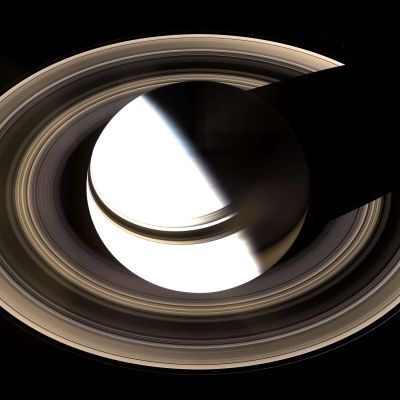Listen to exciting, non-technical talks on some of the most interesting developments in astronomy and space science. Founded in 1999, the Silicon Valley Astronomy Lectures are presented on six Wednesday evenings during each school year at Foothill College, in the heart of California's Silicon Valley. Speakers include a wide range of noted scientists, explaining astronomical developments in everyday language. The series is organized and moderated by Foothill's astronomy instructor emeritus Andrew Fraknoi and jointly sponsored by the Foothill College Physical Science, Math, and Engineering Division, the SETI Institute, the Astronomical Society of the Pacific, and the University of California Observatories (including the Lick Observatory.)
http://youtube.com/svastronomylectures
Gesamtlänge aller Episoden: 2 days 10 hours 50 minutes
episode 6: A Little Talk about Aliens with Dr. Adam Frank
Dr. Adam Frank (U of Rochester) first discusses the history of our search for extra-terrestrial intelligence (SETI), including the Drake Equation, the Fermi Paradox, and the searches for radio messages from other civilizations that have taken place since 1960. He then explains how new research and funding is expanding our thinking about the ways we might find evidence of intelligent life among the stars...
episode 2: Planet 9 from Outer Space with Dr. Michael Brown
Dr. Brown (whose discovery of dwarf planet Eris led to the reclassification of Pluto) discusses the history of planetary discovery (and demotion), why we think a new, larger Planet 9 is on the verge of being found, and the techniques that we are using to try to find this very faint body lurking in the far reaches of our planetary system. This was recorded Nov. 11, 2020.
episode 5: Black Hole Survival Guide with Dr. Janna Levin
May 22, 2021, Dr. Janna Levin (Columbia University's Barnard College)
Dr. Levin helps us to understand, and to find delight in, black holes – perhaps the most opaque theoretical construct ever imagined by physicists. She takes us on an exploratory tour of the neighborhood of a black hole, and help us feel the visceral experience of encountering black holes of different masses. The title of the talk is also the title of her recently published popular-level book...
episode 4: Lick Observatory During Pandemics: 1918 and 2020 (with Dr. Elinor Gates)
Lick Observatory, the first continuously inhabited mountain-top observatory in the world, has been doing ground-breaking research since its opening in 1888. 30 years after Lick Observatory established itself as a leader in astronomical research, the 1918 Spanish Flu pandemic hit the United States. Research, while hampered by the conditions at the time, continued with the dedicated efforts of some of the notable astronomers of the day...
episode 1: The Hunt for Dark Matter in the Universe with Dr. Tom Shutt
Astronomers today understand that the universe is full of a mysterious substance they call “dark matter” (because it doesn’t give off any light or other radiation we can detect.) Dr. Tom Shutt (of the Stanford Linear Accelerator Center) discusses the motivation behind the multi-decade, world-wide effort to test the idea that dark matter is in the form of particles as small as a neutrino but as heavy as an atom...
episode 3: How a Smooth Early Universe Grew into Everyone You Know (with Nobel Laureate John Mather)
Nobel Physics Prize laureate, Dr. John Mather, explains how the early cosmos (whose precise characteristics he helped pin down) became our present-day universe of galaxies, stars, and planets. Dr. Mather is the Project Scientist for the James Webb Space Telescope (which will be a much larger instrument than the Hubble when it is launched in late 2021)...
